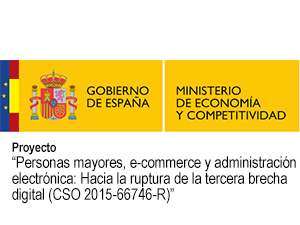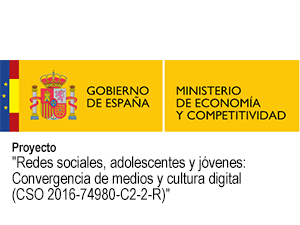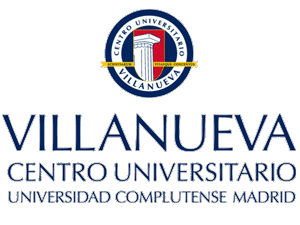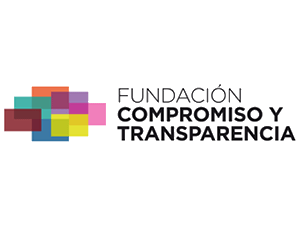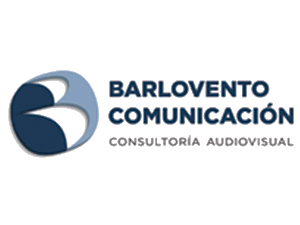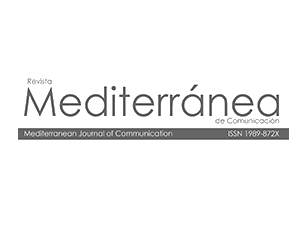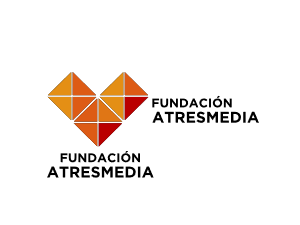Resumen
Esta investigación tiene por objetivo investigar el uso de las Tecnologías de la Relación, la Información y la Comunicación (TRIC) en una disciplina del Programa de Postgrado de la Facultad de Educación en Brasil. La disciplina fue impartida para los alumnos del Postgrado en Educación de la Universidad de Brasilia y con participación de alumnas del último año del curso de pedagogía (graduación) de la misma universidad. Los participantes de la disciplina, en su mayoría, son profesionales que actúan en los diversos niveles del área de la educación (de la enseñanza infantil a la enseñanza superior). La disciplina fue dividida en cuatro módulos: 1) TRIC y su impacto en la educación actual, 2) enseñar y aprender en el mundo virtual, 3) los desafíos de la mediación pedagógica y 4) Aprendizaje mediado por las TRIC: Interacción y cognición. En cada módulo, el profesor presentó sus teóricos y promovió una práctica online que pudiera motivar la participación activa de los alumnos en las actividades de la disciplina, promoviendo así una relación directa entre participantes (alumnos y profesor). Las TRIC se utilizaron sistemáticamente en los encuentros de la disciplina (presencial y virtual), siendo las redes sociales el ambiente más utilizado en las comunicaciones y prácticas pedagógicas. Los encuentros online se realizaron de forma síncrona y para que todos los alumnos pudieran comunicarse y relacionarse en el ambiente virtual de forma democrática. El professor, mediador del ambiente, aplicó tres técnicas, las cuales consideró imprescindibles para el buen desarrollo de las actividades online síncronas: «Calibración» (pausa para la alineación, para que todos los alumnos puedan estar en el mismo instante de la clase, pues cada participante tiene su tiempo de lectura e interpretación), «Variabilidad» (utilizar diferentes tecnologías al mismo tiempo, para adaptarse a las diferentes las habilidades que los alumnos poseen en los diversos aparatos tecnológicos existentes) y «Colaboración» (buscar la participación de todos los alumnos es esencial). Este estudio tiene como objetivo contribuir con la comunidad científica, presentando los resultados y percepciones sobre el uso de las TRIC en un proceso de enseñanza-aprendizaje, que utilizó las redes sociales para promover una educación que marcara la diferencia para nuestros alumnos. La metodología de la investigación realizada en el estudio fue la de investigación-acción, donde el profesor utiliza el proceso de enseñanza-aprendizaje como una actividad de investigación, dejando de ser un observador pasivo de la ejecución de las actividades propuestas para una postura de participación, evaluación, reflexión y constante modificación en la forma en que actúa. La investigación-acción ocurre de forma iterativa y cuenta con la participación activa de todos los involucrados en el proceso de aprendizaje, aumentando así la contribución en el refinamiento de las acciones y en la seriedad de la investigación. La investigación-acción está orientada a ciclos y cada ciclo surge nuevos conocimientos e ideas que se enfrentan a la planificación inicial, que pueden ser agregados y reactivando un nuevo ciclo. Al final de cada ciclo los resultados se comparan con teorías e investigaciones realizadas en los mismos contextos, con el propósito de fomentar nuevos conocimientos científicos.
Palabras Clave / clases online / educación / prácticas educativas / redes sociales / tecnología de la información
Abstract
This research aims to investigate the use of Relationship, Information and Communication Technologies (TRIC) in a discipline of the Postgraduate Program of the Faculty of Education in Brazil. The discipline was taught to students of the Postgraduate in Education of the University of Brasilia and with participation of students of the last year of the pedagogy course (graduation) of the same university. The participants of the discipline, in their majority, are professionals that act in the diverse levels of the area of the education (of the infantile education to the education superior). The discipline was divided into four modules: 1) TRIC and its impact on education present, 2) teaching and learning in the virtual world, 3) the challenges of pedagogical mediation and 4) TRIC-mediated learning: Interaction and cognition. In each module, the professor presented his theorists and promoted an online practice that could motivate the active participation of students in the activities of the discipline, thus promoting a direct relationship between participants (students and teacher). The TRICs were used systematically in the encounters of the discipline (face-to-face and virtual), with social networks being the most used environment in communications and pedagogical practices. The online meetings were carried out synchronously and so that all students could communicate and interact in the virtual environment in a democratic way. The teacher, mediator of the environment, applied three techniques, which he considered essential for the proper development of synchronous online activities: «Calibration» (pause for alignment, so that all students can be in the same moment of the class, because each participant has their time of reading and interpretation), «Variability» (use different technologies at the same time, to adapt to the different skills that students have in the various existing technological devices) and «Collaboration» (seek the participation of all students is essential). This study aims to contribute to the scientific community, presenting the results and perceptions about the use of TRICs in a teaching-learning process, which used social networks to promote an education that will make a difference for our students. The methodology of the research carried out in the study was action research, where the teacher uses the teaching-learning process as a research activity, ceasing to be a passive observer of the execution of the proposed activities for a participation position, evaluation, reflection and constant modification in the way it acts. The action research takes place in an iterative way and has the active participation of all those involved in the learning process, thus increasing the contribution in the refinement of the actions and in the seriousness of the research. The action research is oriented to cycles and each cycle brings up new knowledge and ideas that face initial planning, which can be added and reactivating a new cycle. At the end of each cycle, the results are compared with theories and research carried out in the same contexts, with the purpose of fostering new scientific knowledge.
Keywords / education / educational practices / Information Technology / online classes / social networks
FIRMANTES
| Nombre | Adscripción | Procedencia |
|---|---|---|
| Flavio Ferreira Borges | Faculdade de Educação - Universidade de Brasília | Brasil |
| Lucio França Teles | Faculdade de Educação - Universidade de Brasília | Brasil |






